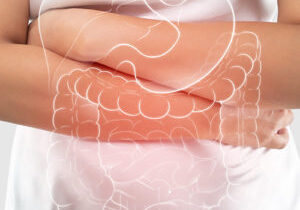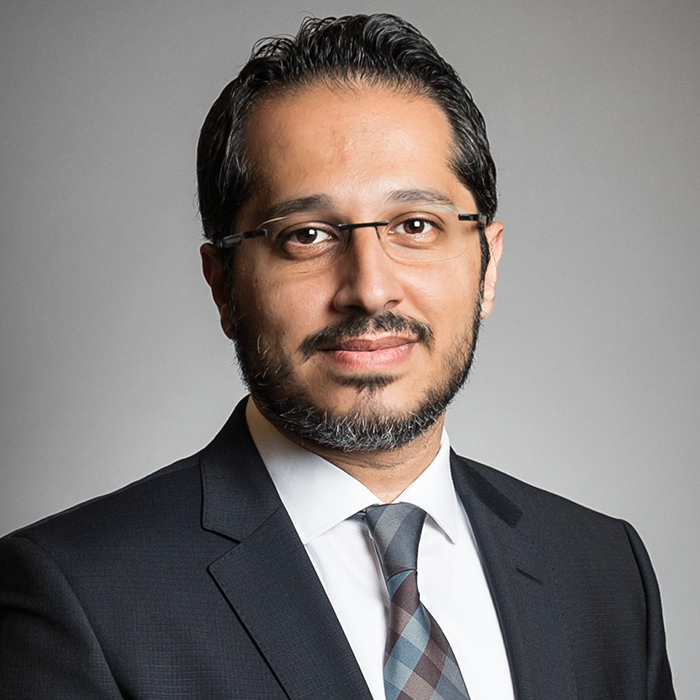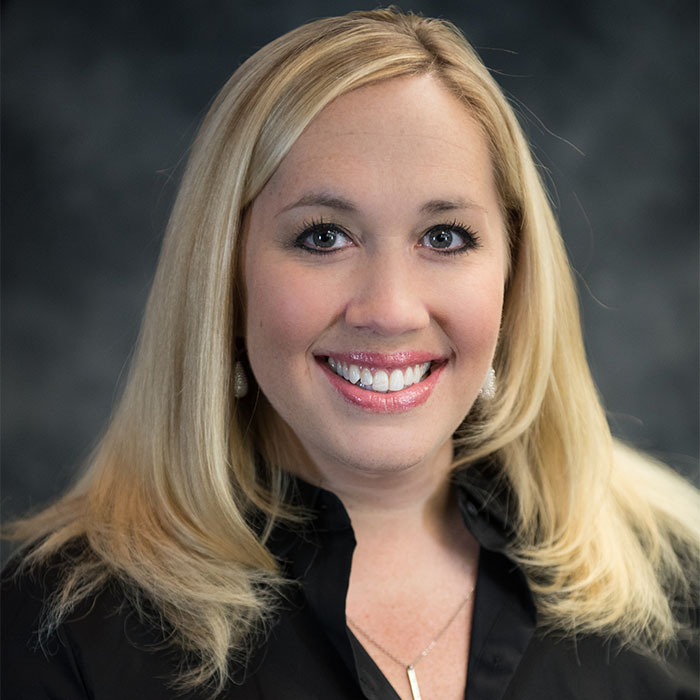Colonoscopy
Being told that you should get a colonoscopy can bring up a lot of emotions — fear, anxiety, uncertainty. You’re not alone in wondering what’s going to happen, what the recovery is like, or why you even need one in the first place. However, it’s an important tool that helps your provider diagnose serious health concerns, including cancer.
Purpose of a Colonoscopy
A colonoscopy is an exam that allows your provider to look inside your rectum and colon using a tool called a colonoscope — a long, flexible tube with a tiny camera attached to the end. This exam can show:
- Inflamed or irritated tissue
- Abnormal growths (polyps)
- Ulcers (sores on the intestinal lining)
- Colorectal cancer (cancer in the colon or rectum)
Reasons for a Colonoscopy
There are many reasons someone might need a colonoscopy. It can be a very useful tool for you and your provider to keep your colon as healthy as possible.
Your provider might recommend a colonoscopy to find the cause of bleeding from your anus, changes in bowel movements (such as diarrhea), belly pain, or unexplained weight loss. Or, they might want to use a colonoscopy to treat bleeding or blockages in your colon or rectum.
But most often, colonoscopies are used as a screening tool for colorectal cancer — cancer of the colon or rectum.
Colorectal Cancer Screening
Colorectal cancer is actually fairly common — you have a 6% chance of developing colorectal cancer in your lifetime. Your risk is doubled if you:
- Have a parent, sibling, or child that has had cancer or polyps after age 50 — but your risk is higher if they were younger than 50 at the time of diagnosis or more than one family member has been diagnosed
- Have inflammatory conditions in your colon, such as Crohn’s disease or colitis and ulcerative colitis
- Drink a lot of alcohol
- Are obese
- Smoke
Colonoscopies can find signs of current or potential colorectal cancer. They allow physicians to find cancer in its earliest stages, which is when it’s easiest to treat and has a better chance of being cured.
Prepping for a Colonoscopy
In order to prepare for a colonoscopy, you will need to completely clear out your bowel to allow your provider to see your entire colon through the scope.
Your provider will give you a bowel prep solution that contains some combination of laxatives in the form of a pill, powder, or liquid. You will need to take the bowel prep the night before and the morning of the procedure. You may also need to follow a clear, liquid diet for up to 3 days before the procedure.
Because the purpose of the bowel prep is to make sure little to no stool remains in your intestine, it will cause some diarrhea. This might cause some discomfort, but it’s essential for your provider to have a clear view of everything in your colon.
Understanding the Results
Once your procedure is completed, your gastroenterologist will explain the results with you and your family. If you have a biopsy, or if a polyp is removed, the tissue samples will be sent to a pathologist for analysis, and the results will be shared with you by your gastroenterologist as soon as that process is completed.
Colorectal Cancer

⮜ Return to Digestive Care Finding out that you or a loved one has colorectal cancer, often referred to as colon cancer, can be one of the scariest moments of your life – but finding out that it’s a very treatable form of cancer can be a big relief. The digestive system is responsible for…
Screening and Prevention

⮜ Return to Cancer Care You wouldn’t wait to take your car in for service until the “check engine” light is on. So, why wait until you feel sick or pain to schedule an appointment with your doctor? Cancer screening tests are crucial in detecting cancers early, when they are most easily treated. Appointments Contact…
Meet the Team
Our Digestive Health Locations
Stormont Vail Health Manhattan Campus
1325 Research Park DriveManhattan, KS 66502














